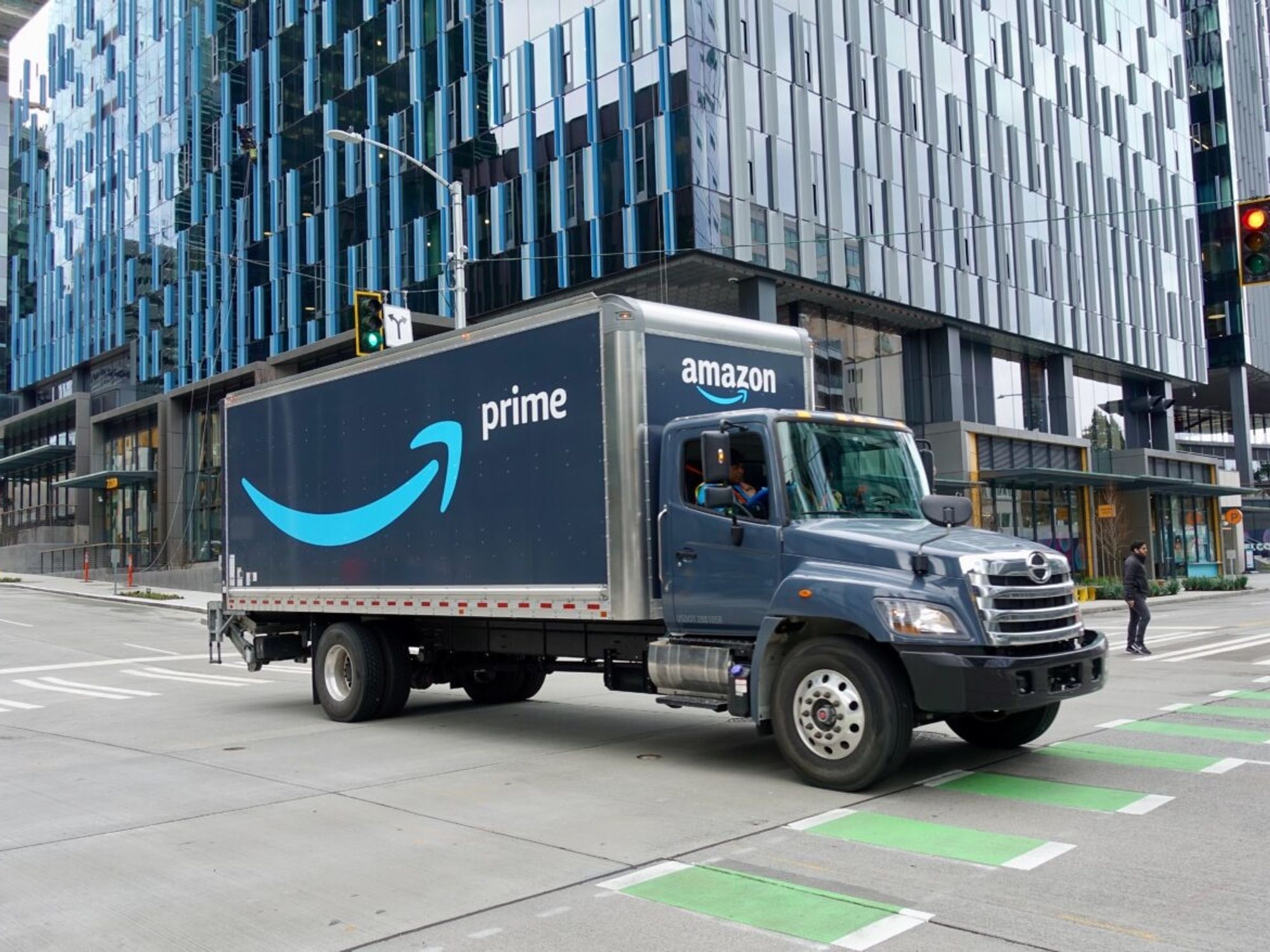Warehouse Workers Sue Amazon Over COVID-19 Exposure After Death of an Employee’s Relative

Barbara Chandler believes she contracted COVID-19 in March at her job, working in an Amazon warehouse in New York where she experienced "a culture of workplace fear reinforced by constant technological supervision, retaliation against those who speak out, and the threat of automatic and immediate job loss in a job market where it may be impossible to find work elsewhere," according to a lawsuit filed in federal court in New York this week.
Less than a month after contracting the virus, Chandler says she woke up to find her cousin, whom she lived with, dead after experiencing COVID-19 symptoms.
Chandler and several other Amazon warehouse employees and their relatives are now suing the company for failing to implement adequate safety measures to protect workers and their families from COVID-19. Other than quarantine pay that Chandler says Amazon failed to provide, the lawsuit does not seek damages for past harm. "All they seek is an order requiring Amazon to comply with public health guidance to prevent more harm in the future," according to the complaint.
The lawsuit stands out from other legal challenges over Amazon's response to the coronavirus pandemic because it accuses the company of culpability in the death of a warehouse employee's relative.
Bloomberg News first reported on the lawsuit.
There have been at least 44 cases of COVID-19 and one death from the virus at the warehouse where the plaintiffs work, JFK8, according to the complaint. Amazon has repeatedly declined to disclose data on the number of infections across its workforce.
JFK8 has long been a hotspot for employee activism, a trend that has accelerated during the pandemic. Employees at the facility have organized walkouts and publicly called for broader safety protections. Amazon fired the organizer of one of the first walkouts, Chris Smalls, claiming he violated a company-imposed quarantine. A leaked memo in which an Amazon executive described a PR strategy targeting Smalls later cast doubt on the reasons for his termination.
Amazon has emerged as a lifeline for customers sheltering at home during the pandemic but keeping operations running during the crisis comes at a cost. Warehouse workers are tracking hundreds of COVID-19 cases across Amazon facilities and activists, politicians, and employees are speaking out about the company's response to the pandemic.
Amazon implemented hazard pay and expanded its sick policies while adding 175,000 new warehouse and delivery workers to cope with surging demand. The company says it has updated 150 processes to protect worker safety and is spending more than $800 million in the first half of this year on new safety programs. The changes include employee temperature screening at all facilities and providing personal protective equipment according to Amazon.
"We are saddened by the tragic impact COVID-19 has had on communities across the globe, including on some Amazon team members and their family and friends," said Amazon spokesperson Lisa Levandowski in a statement. "From early March to May 1, we offered our employees unlimited time away from work, and since May 1 we have offered leave for those most vulnerable or who need to care for children or family members."
The plaintiffs accuse Amazon of creating "a façade of compliance" with safety standards while relying on "purposeful miscommunication with workers, sloppy contact tracing, and the culture of workplace fear it has instilled at JFK8 to ensure it can maintain productivity while reducing costs."
The result, according to the lawsuit, is workers who "come to work sick and cannot engage in proper hygiene, sanitizing, or social distancing while at work in order to stay healthy."





 Image Source: Skyryse
Image Source: Skyryse